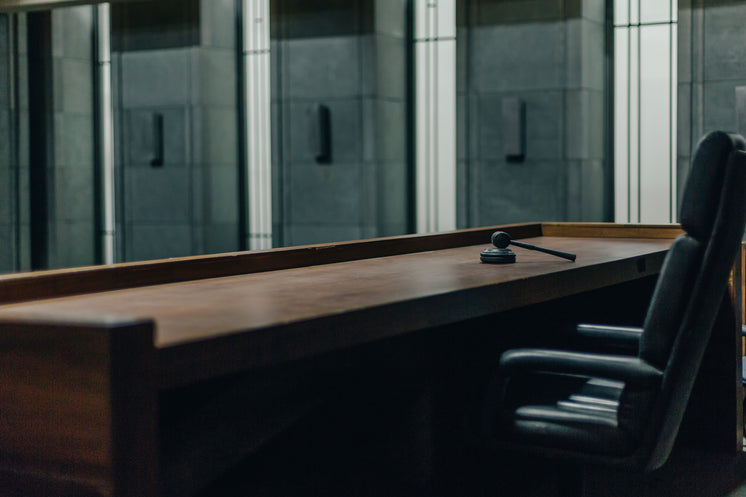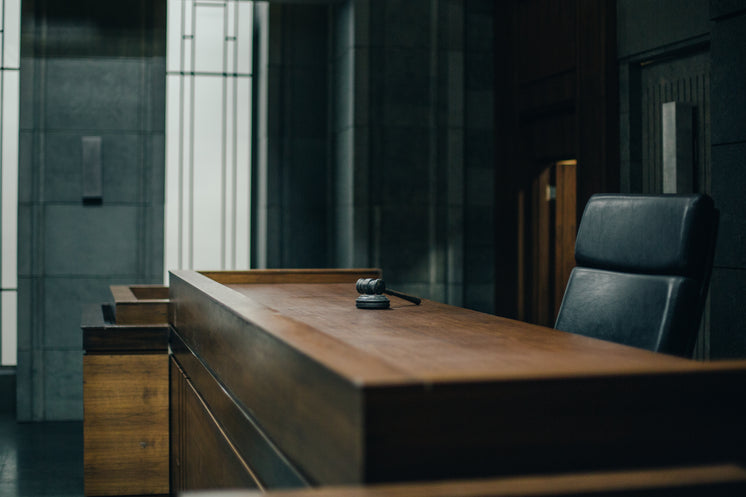
siennaspears97
About siennaspears97
Courts of law in Ireland are a crucial part of the country’s legal and constitutional framework.
The courts in Ireland also interacts with the European Union legal framework. EU law is directly applicable in Ireland, and Irish courts are obligated to interpret domestic law in line with EU treaties and regulations. The Court of Justice of the European Union (CJEU) in Luxembourg acts as the final arbiter in matters of EU law.
Law courts are tasked with ensuring the efficient administration of justice. Courts must manage case backlogs, avoid unnecessary delays, and ensure that cases are heard in a timely manner. Prolonged delays can lead to frustration for individuals involved in legal proceedings and can undermine confidence in the legal system. Courts have systems in place to prioritize urgent cases, such as those involving vulnerable individuals, and ensure that the legal process moves forward as efficiently as possible.
 In contrast, Magistrates’ courts focus on lower-level criminal matters and some civil cases. These courts are typically smaller and more informal than Crown Courts, and they are designed to handle cases more quickly. Magistrates’ courts provide basic facilities, such as desks for the magistrates and defendant, seating for the public, and spaces for legal representatives. Unlike Crown Courts, there is no jury in Magistrates’ Courts, and the cases are decided by a panel of magistrates or a district judge.
In contrast, Magistrates’ courts focus on lower-level criminal matters and some civil cases. These courts are typically smaller and more informal than Crown Courts, and they are designed to handle cases more quickly. Magistrates’ courts provide basic facilities, such as desks for the magistrates and defendant, seating for the public, and spaces for legal representatives. Unlike Crown Courts, there is no jury in Magistrates’ Courts, and the cases are decided by a panel of magistrates or a district judge.
Maintaining public trust is a key responsibility of law courts. Courts must operate in a transparent and accountable manner, ensuring that their decisions are well-reasoned and based on law. Transparency is vital to maintaining public trust, as it ensures that individuals feel confident that their cases will be heard fairly. Courts also play a role in educating the public about the legal process and promoting awareness of the justice system’s role in society. Without public confidence, the effectiveness of the entire legal system can be undermined.
Whether in civil law, criminal law, constitutional issues, or human rights cases, the decisions handed down by British courts are not just about resolving individual disputes—they are about building and maintaining a legal system that serves justice, democracy, and the public good.
If you beloved this write-up and you would like to receive far more data relating to legal directory submission service kindly stop by our web site. These courts have several key duties that are central to the proper functioning of the legal system. Whether handling criminal cases, civil disputes, family matters, or appeals, the duties of law courts are designed to uphold the rule of law, protect individual rights, and provide a fair and equitable system for all. This article explores the main duties of law courts in the UK, including their responsibilities in case management, the delivery of justice, safeguarding human rights, and maintaining public confidence in the legal system.
Throughout the trial, the judge has the responsibility of maintaining order and ensuring that the proceedings are fair. If any legal issues arise that cannot be resolved immediately, the judge may make rulings or request further clarification. In more complex cases, especially those involving expert testimony or large amounts of evidence, the trial may last several days or even weeks.
They establish legal principles, resolve disputes, and influence the direction of the law. The UK’s legal system is based on a mixture of common law and written laws passed by Parliament, and rulings are instrumental in clarifying how the law should be applied in individual cases.
Nevertheless, UK law courts face ongoing challenges related to court facilities. One significant issue is the ongoing pressure on resources, with many courts experiencing overcrowding and budget cuts. As a result, some court facilities may be outdated or in need of repair, impacting the efficiency of legal proceedings. In some areas, court buildings are old and not well-equipped to handle modern technological needs, leading to delays in proceedings and difficulties in managing caseloads.
At the base level are the Magistrates’ Courts and County Courts. Magistrates’ Courts deal primarily with less serious criminal offences, such as traffic violations, shoplifting, and anti-social behaviour. These courts are usually presided over by a bench of magistrates—volunteer judges—or a single district judge.
County courts, which deals primarily with civil matters, including personal injury claims, breach of contract disputes, and family law cases. County courts are generally smaller than Crown Courts but still provide appropriate facilities to ensure that civil matters are resolved fairly. These courts are equipped with private consultation rooms for parties to discuss the case with their lawyers, waiting areas for the public, and facilities for filing legal documents.
An essential function of law courts is to facilitate the work of legal professionals. Courts provide a forum for legal representatives, including solicitors, barristers, and other legal professionals, to present their cases and engage in advocacy on behalf of their clients. Courts must ensure that the legal profession operates ethically and according to the rules of conduct, ensuring that lawyers are able to represent their clients fairly and competently.
No listing found.